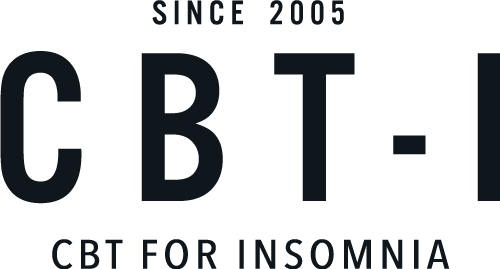The Human Brain May Be Designed for Seven Hours of Sleep
New research suggests that seven hours of sleep is associated with: 1. the lowest mortality risk while longer sleep is associated with greater mortality risk than shorter sleep; and, 2. peak cognitive performance for individuals between the ages of 15-75.
In a study published in a February, 2016 issue of Nature, a meta-analysis involving 35 published studies and over 1.5 million adults was conducted to summarize evidence about the association of nighttime sleep duration with risk of all-cause mortality among adults. Compared with 7 hours of sleep, the increased risk of all-cause mortality was 7%, 4%, and 1% for 4, 5, and 6 hours of sleep, respectively, while the increased risk of all-cause mortality was 7%, 21%, and 37% for 8, 9, and 10 hours of sleep, respectively. Thus, the increased risk of death associated with sleeping more than 7 hours was significantly greater than the risk of sleeping less than 7 hours, and the increased mortality risk associated with 4 and 8 hours of sleep was equivalent. The observed associations remained after adjustment for other covariates, suggesting that the greater risk from long sleep duration is an independent predictor of all-cause mortality.
The authors concluded that 7 hours of nighttime sleep is the optimal dose that should be recommended for adults to prevent premature death and hypothesized that the greater mortality risk from long sleep may be linked to increased sleep fragmentation that is associated with a number of negative health outcomes; changes in cytokine levels associated with long sleep; reduced exposure to bright light; and, lack of physical activity.
A parallel finding regarding optimal cognitive performance was reported in a study published in the journal Sleep. The study measured cognitive performance in a sample of over 500,000 people ranging in age from 15 to 75 years, with a reported a mean sleep duration of 7 hours for the group as a whole, using measures of speed and accuracy on tests of working memory, visual-spatial memory, and arithmetic. In this enormous sample of individuals, performance peaked for all age groups at 7 hours of sleep with progressively decreasing cognitive performance occurring with sleep durations longer and shorter than 7 hours. These findings suggest that the optimal dose of sleep for cognitive performance is 7 hours and that medical comorbidities do not affect these findings since the results were consistent across adolescents, young adults, and older adults.
Recent research has also reported that long sleep is associated with increased systematic inflammation while short sleep is not; that the association between sleep duration and obesity is characterized by a U-shaped curve with the lowest rates of obesity occurring at 7 hours of sleep; and, that pre-industrial hunter gatherers sleep just under seven hours per night. Taken together with the results of these two new studies on mortality risk and cognitive performance, the human brain appears to be designed for seven hours of sleep. This optimal dose of sleep may reflect all-around neural efficiency (i.e., energy expenditure vs. energy conservation) and is consistent with many biological systems, including the digestive system and caloric consumption, in which deficiencies and excesses are detrimental to health.
